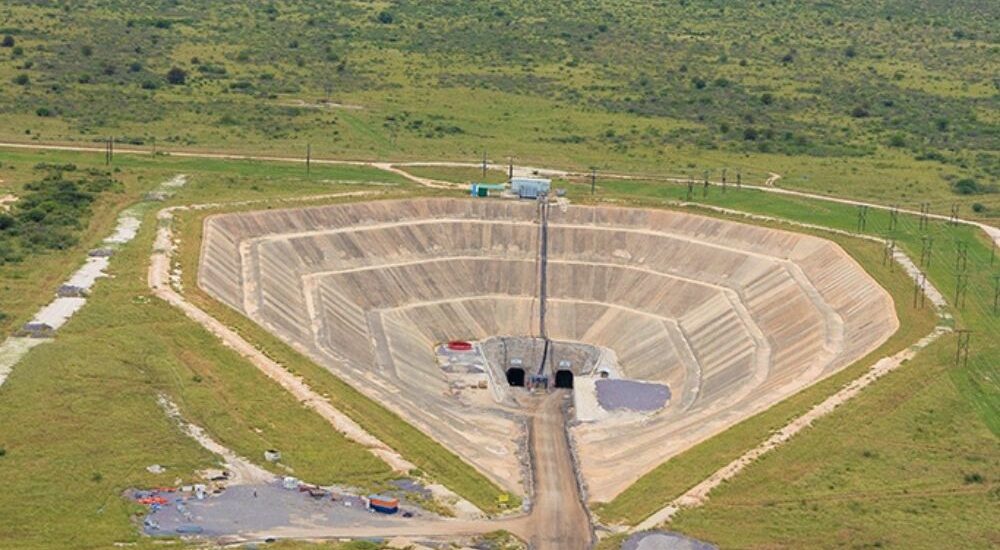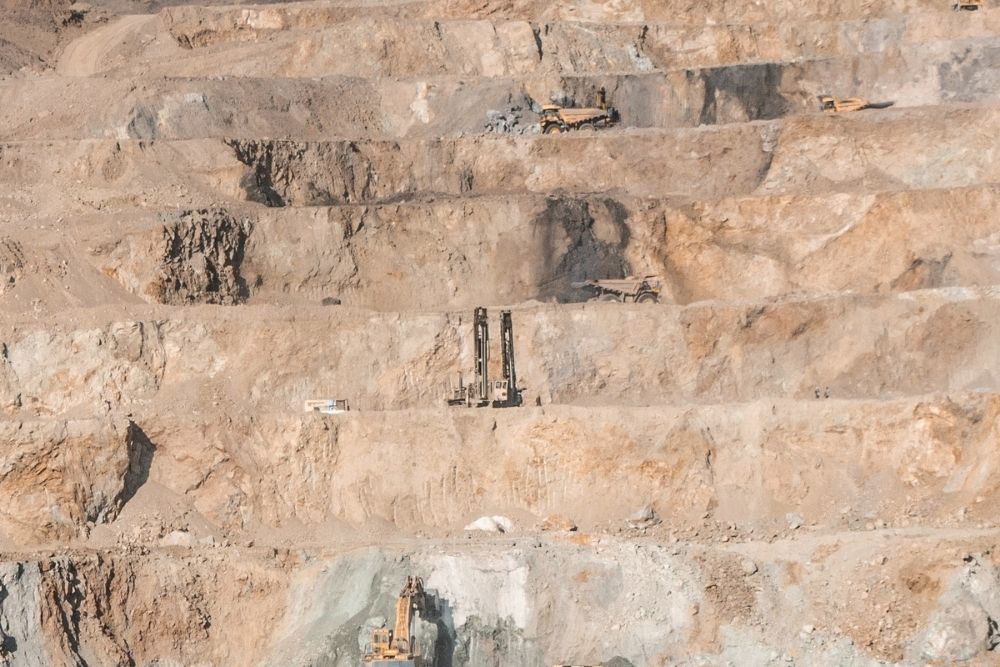Three Chinese firms in the race to buy Botswana copper mine
- September 6, 2023
- Posted by: Quatro Strategies
- Categories: Africa, China, Mining & Metals, Rare Earths & Commodities

Three major Chinese entities, Zijin Mining Group, MMG Ltd., and Aluminium Corp. of China (Chinalco), are among the final contenders to acquire the Khoemacau copper mine in Botswana. The mine, with an estimated value of around $2 billion, is being pursued by a consortium led by London-based private equity firm GNRI. South African miners, Impala Platinum Holdings (Implats) and Exxaro Resources, have also made it to the shortlist.
The Khoemacau project, which began operations in mid-2021, is situated in the Kalahari copper belt and has been increasing its annual output, with plans to ramp up production to around 130,000 tons per year. The private equity firm GNRI is expected to make a final decision on the buyer within the next few weeks.
This acquisition reflects the global trend of mining companies seeking to expand their copper portfolios due to the anticipated growth in demand for copper in electric vehicles and renewable energy technologies.
It’s worth noting that both Zijin Mining Group and MMG Ltd. have a substantial presence in the copper industry and could leverage their existing expertise and resources to further develop the Khoemacau copper mine if they emerge as the successful bidder.
Interested in learning more?
Sign up for Top Insights Today

Top Insights Today delivers the latest insights straight to your inbox.
You will get daily industry insights on
Oil & Gas, Rare Earths & Commodities, Mining & Metals, EVs & Battery Technology, ESG & Renewable Energy, AI & Semiconductors, Aerospace & Defense, Sanctions & Regulation, Business & Politics.


